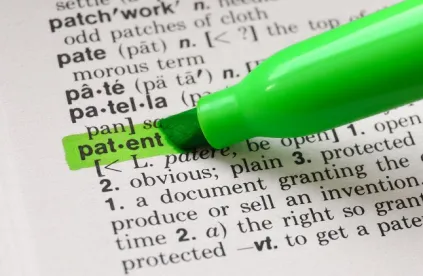Top technology trends in the legal profession for 2021 are likely to include artificial intelligence, block chain and cryptocurrencies, autonomous vehicles, digital health, and … court filings on paper. Following a recent widespread cybersecurity breach, the United States federal courts are prohibiting electronic filing of highly confidential documents. Parties must file such documents on paper or as electronic files on a secure electronic device.
In mid-December, the Department of Homeland Security (DHS) Cybersecurity and Infrastructure Security Agency (CISA) issued an emergency directive disclosing a cyberattack to the networks of local, state, and federal agencies, as well as private companies. According to CISA, malicious actors exploited SolarWinds’ Orion® product source code to hack into these networks. (SolarWinds describes Orion as a “powerful, scalable infrastructure monitoring and management platform designed to simplify IT administration for on-premises, hybrid, and software as a service (SaaS) environments in a single pane of glass.”) Earlier this week, United States intelligence agencies — including the FBI, NSA, and the Office of the Director of National Intelligence — stated that the attack was “likely Russian in origin.” In response to the cyberattack, the United States Courts suspended all national and local use of SolarWinds Orion.
The cyberattack apparently compromised the network infrastructure of the Administrative Office of the United States Courts, the agency that developed and maintains the case management and electronic court filing system known as CM/ECF (Case Management/Electronic Case Files) (the “Admin Office”). In 1996, the Northern District of Ohio was the first federal court to implement the CM/ECF system. Since then, more than two-hundred of the United States Courts have adopted the CM/ECF system, allowing parties to electronically file and the public to view court documents.
In most patent and trade secret cases — and in many complex commercial cases — the parties seek the court’s entry of a protective order to govern the production and disclosure of trade secrets and confidential, proprietary documents and other information. To promote the general policy in favor of providing public access to court records, most documents are made available to the public. Documents that contain truly sensitive or confidential information are typically filed and maintained under seal, often with redacted versions filed in the public record of a case. Consequently, what is filed under seal often contains parties’ most closely guarded technical, financial or personal information, the public disclosure of which can have potentially catastrophic consequences for the parties that provided such information.
Federal agencies are currently conducting a security audit of their systems to determine the extent and impact of the attack. The Admin Office is assessing vulnerabilities in the CM/ECF system that expose or potentially expose sensitive or confidential documents filed under seal. Meanwhile, new procedures announced by the Admin Office on January 6, 2021 provide that highly sensitive documents (HSDs) filed with U.S. Courts must be submitted on paper or as files loaded onto secure electronic devices, such as USB drives, that will be stored on a secure, stand-alone computer system at the relevant court. Individual courts are to implement their own local procedures governing such submissions. For example, the Eastern District of Virginia issued an announcement on January 7, instructing practitioners to “not electronically file anything in CM/ECF under seal until you receive further instruction from this Court.”
Although new and advanced technologies are likely to dominate the legal profession in 2021, some best practices that avoid technology may emerge to ensure protection of client confidential information. So it is with paper: what was old is new again.





 />i
/>i

